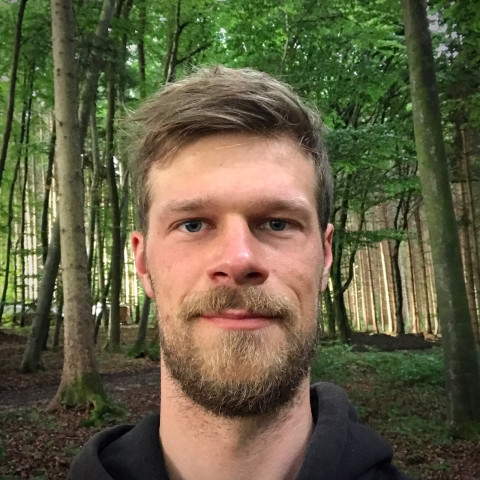Hey,
Imagine you have a Garden. Now, imagine what you can make out of it, if you free yourself from the magainzes that show you the conventions: Look at our garden in June; We’re in the third year since I started with this (it was much smaller in the beginning), it took me a while to get used, I read at least ten books, researched a lot, had to learn a lot. Three years, not more. I still feel that I understand very little of the ‘ecosystem Garden’ but what I can see is that the area is already more diverse, more vivid, life-friendly, and healthier than before. The vegetables that are growing are tasting better, are more robust and it’s amazing to see all the little animals and bees who are part of this and come to our area to enjoy the flowers. For us humans, that’s not always a nice experience (deers enjoying “our” food, bugs eating “my” leafs) but for the ecosystem, it’s a great win and it shows how rare such spots are—otherwise it wouldn’t be an issue. But Gardening is just an example here, we can apply this to other areas easily—open your mind and I’m sure you can find your own “Garden” where you find peace, trust and energy.
This is how I gain strength for my job. This is how I regain trust in our world when I lose it due to the news. This is the only thing where I can say: “I can make direct impact on climate change, on creating biodiversity, on creating a better world for many people.” It’s an easy way, the others are much more complicated, more abstract, more remote. With a job that is abstract already, it helps to connect yourself with something real. This week I grabbed an interview from Elliot Jay Stocks’ Lagom magazine about an advertiser who’s now a potter—but we don’t necessarily need to switch our careers entirely, it’s sometimes enough to get a new hobby, to apply the mindset of reality to our virtual world of computers.
Generic
- We can see web development checklists every year. Jens Oliver Meiert now argues why checklists are only partly useful and takes an example to comment on what’s useful or not. As usual we can see that a generic list of things is generic and not applicable to all our projects, so it’s again up to us to figure out what to choose, what to comply with and what to ignore.
Work & Life
- Sometimes slower is better than faster. When I wrote last week’s introduction to the reading list, I got a lot of feedback from people struggling with their job in the tech industry. This interview with Jono Smart who traded his good paid job in advertising for being a potter and see things in a slow pace shows how our minds suffer from constant over-performing and working too fast on virtual things. I don’t think we all need to switch careers, but we can at least choose our leisure time activities accordingly to calm down.
- Agile is a fun term. It’s misused all the time and in this article, Maurice Hagar shares why companies should start following the principles behind some defined agile processes instead of blindly assuming and wrongly applying existing concepts. Story Points aren’t Scrum, Scrum isn’t a fixed structure, Kanban isn’t the contrary to Scrum—if we try to understand and apply only the few real concepts behind ‘agile’ work, we can get the real advantage—otherwise, it’s understandable that people are fatigued by the term.
- Last week I wrote about the concept of how working only one day per week would help save our planet. This week I stumbled over an article about a study that reveals that one day of work a week is the most ‘effective’ dose for mental health. It’s interesting to see how far away we are from this in our modern world and under this context it seems no wonder that people with stressful, fast-paced jobs are struggling with mental health more and more.
Go beyond…
- The glaciers around the world, the permafrost locations in Russia, Asia, Artica and Antarctica are all melting incredibly fast this year. This article gives a sense of relativity around global warming, when they show numbers like the temperature data from the region of a glacier in the Himalaya that shows an average rise of 1C from 2000-16 compared with 1975-2000.
If you like what I write, please contribute with your money.
Anselm
